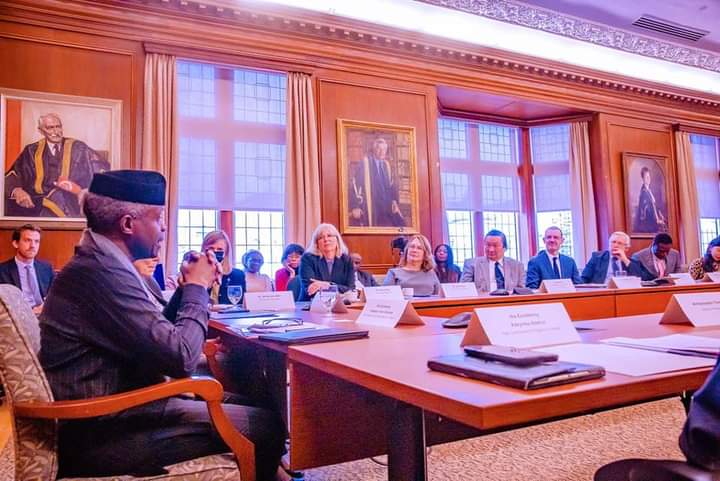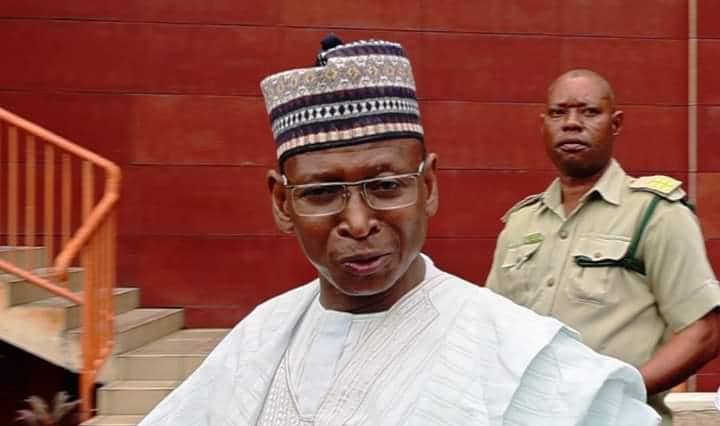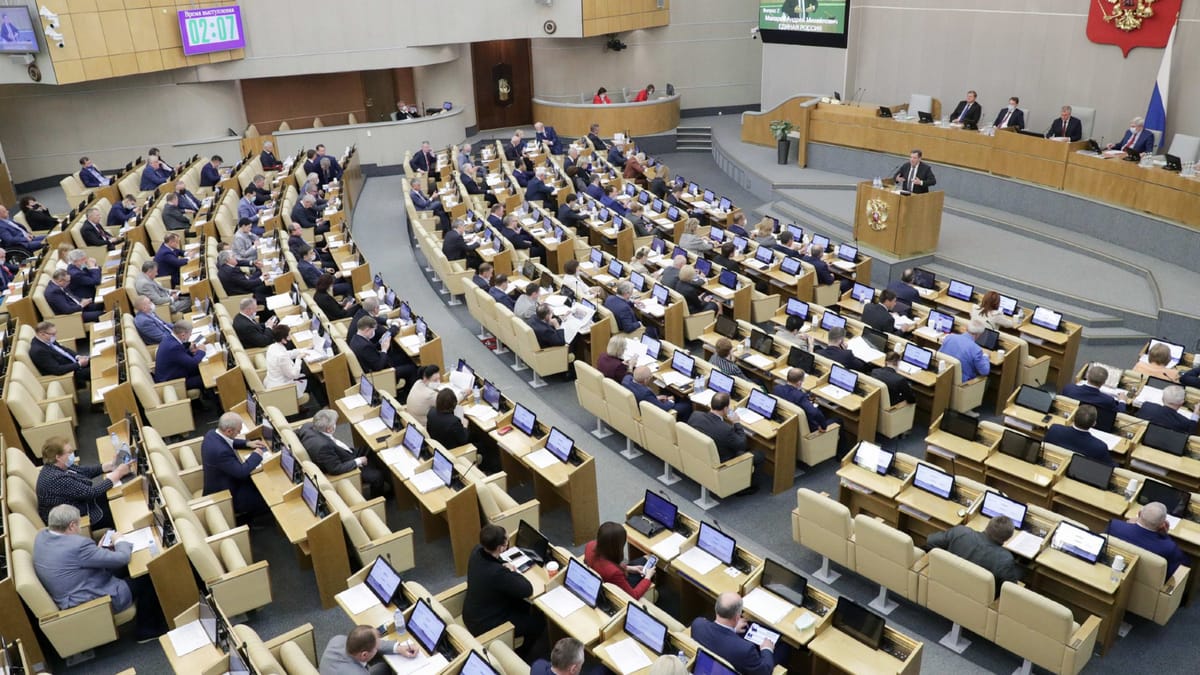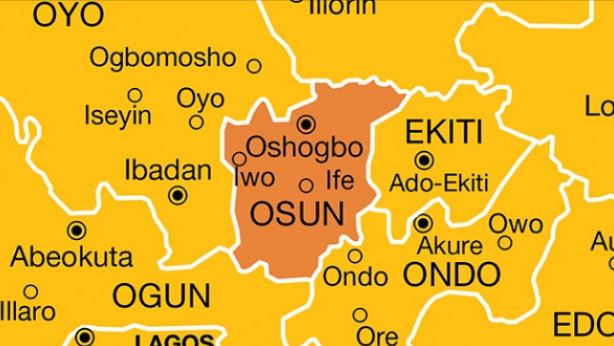Vice-President Yemi Osinbajo says the global goal of limiting emissions and tackling climate change must also address social inequality.
He said this on Wednesday while giving a public lecture on ‘Africa and Climate Justice’, at Queen’s University, Kingston, Canada.
He said there has been resistance to the use of gas as transition fuel for developing economies, while developed countries deepen fossil fuel projects at any slight energy inconvenience.
Highlighting Africa’s climate challenges, Osinbajo said there is a need to reframe the climate action paradigm, adding that climate change is an issue with social justice implications.
Advertisement
“The notion of climate justice insists that in addition to discussions on greenhouse gas emissions and the need to reduce them, we also recognise that climate change is an inherently social issue with important social justice implications,” he said.
“So then, we need to reframe our climate action paradigm from merely a technical effort to cut emissions to an approach that places people and addressing social inequality at the center of our efforts.
“As a global community, I think it’s important that we have to acknowledge the differences between groups and how they experience climate change, and ensure that the process for making decisions about the impact of and the responses to climate change, are fair and they are transparent and determine how the cost and benefit of the climate action will be equitably shared.”
Advertisement
INEQUALITY IN THE ENERGY SECTOR
Speaking about global energy transition, the vice-president said the energy sector is one of the greatest examples of global inequality.
He said it is “unfair” that while many countries recognise the need for a wide range of options and pathways to net zero for themselves, the same courtesy is not extended to Africa.
He said this is despite the fact that even if Africa decides to use its gas resources in the next 30 years, its global share of emission will be just about 3.5 percent.
Advertisement
Osinbajo added that in spite of the transition restrictions, there are still inequalities in accessing finance and investments for renewable energy by African countries.
JUST TRANSITION APPROACHES
He continued: “What will be just and fair with the global energy transition should recognise in my view at least the following: That developing economies must have universal energy access at levels sufficient for dignified livelihoods and economic growth;
“That energy transition must place energy access for both consumptive and productive uses, as well as the required policy flexibility, financial and technical support at the heart of climate action, we cannot have climate action that does not take these issues into consideration.
Advertisement
“That making capital available for the buildout of energy systems is central to reaching the goals of the Paris Agreement; that to meet its decarbonisation obligations, Africa needs both conventional and development and innovative mechanisms like debt-for-climate investments and carbon trading etc;
“That we must lift inhibitive development finance restrictions and upscale technology transfers to ensure that developing regions have access to the latest energy innovations and can build local industries on fair terms.”
Advertisement
Add a comment






